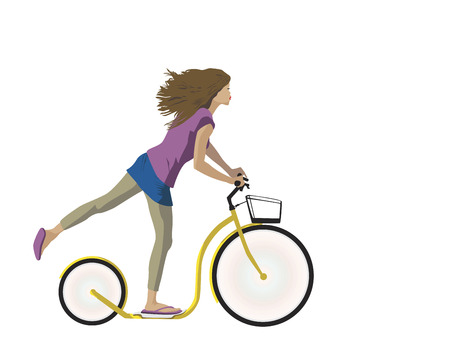
The Alzheimer’s Association estimates that one in eight people over age sixty-five has this disease and that the number will triple by 2050 to 16 million people. This would take a huge toll on our health care system, as well as on each family that would be burdened financially and emotionally dealing with their loved one. All of us, especially those approaching their “golden years,” want to do everything possible to avoid this fate.
Two new studies offer simple ways to prevent or treat what is called cognitive impairment, mild to moderate memory problems that can be early signs of dementia. The first study assigned participants with early memory impairment to either listen to music or to meditate for 12 minutes each day for three months. At the end of that time, both groups showed significant improvements in tests measuring memory and thinking ability. These gains were maintained or improved after another three months. Easy to do, cost-effective, and without side effects, these are activities that most of us can do on our own. (Journal of Alzheimer’s Disease, January 18, 2017)
You probably know that keeping active mentally is one way to prevent dementia. A recently-published study followed elderly people (ages 74-82) for four years to see how various activities affected their memory and thinking ability. Out of the 1929 people who were mentally normal at the beginning of the study, 456 developed cognitive impairment. Those who reported playing games, doing crafts, using a computer, or participating in social activities 1-2 times a week had a significantly lower risk of developing this problem than those who did them only 2-3 times a month. My bridge partner will be happy to hear this. (JAMA Neurology, January 30, 2017)
Finally, a provocative new study suggests that those people who develop high blood pressure late in life—age 80 or beyond—have a significantly lower risk of dementia. This is compatible with several other studies that found more cognitive impairment in seniors with a systolic blood pressure (the top number) below 130 and better mental functioning in those with values above 160. The authors of the new study theorize that higher blood pressure is needed in the elderly to force adequate blood flow to the brain due to age-associated hardening of the arteries. (Alzheimers Dement, January 17, 2017) On the other hand, high blood pressure earlier in life is thought to contribute to dementia, due to damage of the arteries leading to the brain.
There is also research linking many common drugs—statins, acid-reflux drugs, anti-histamines, tranquilizers, anti-depressants—with mental impairment and dementia. More about that in my book, coming June, 2018.




